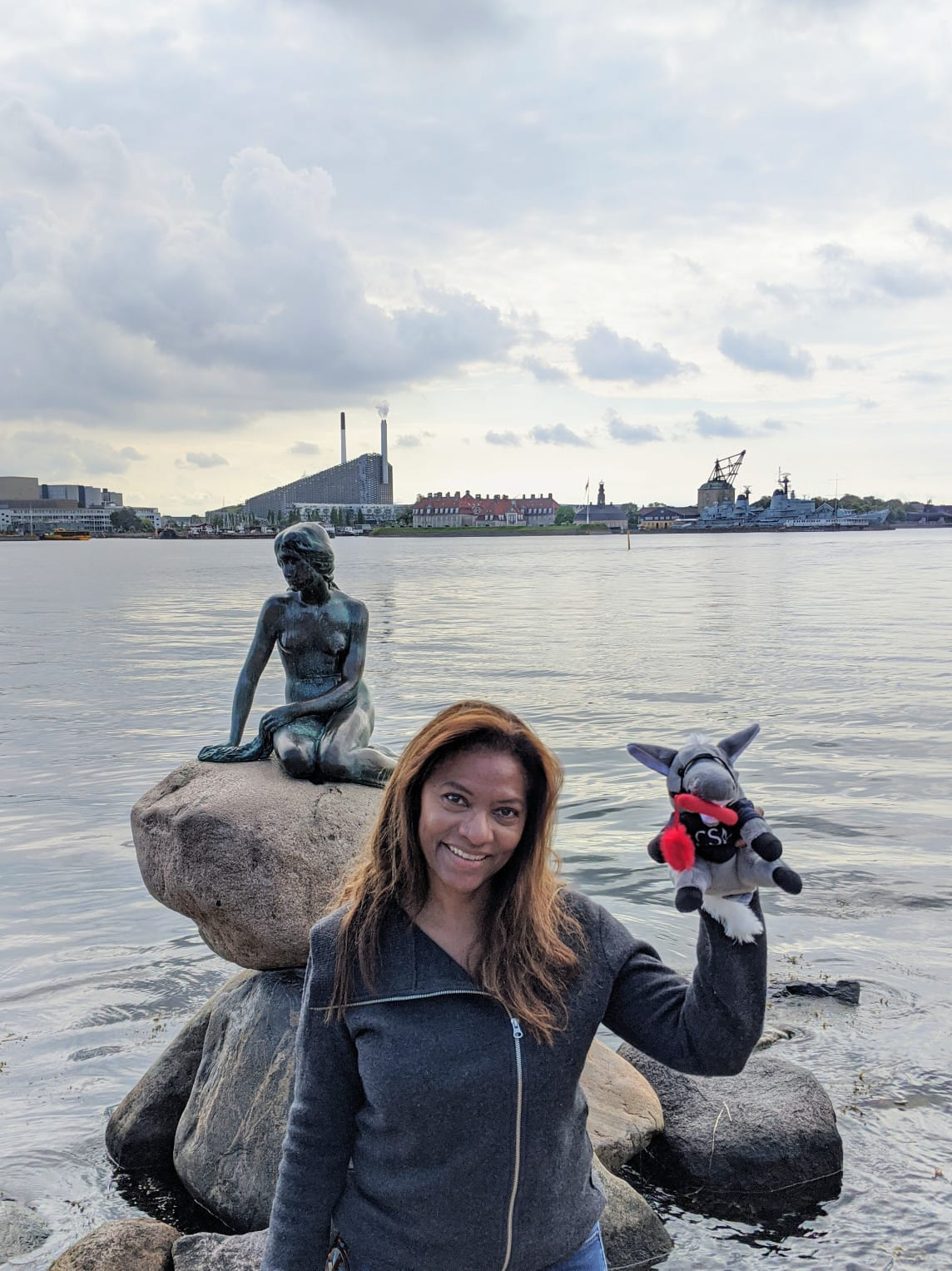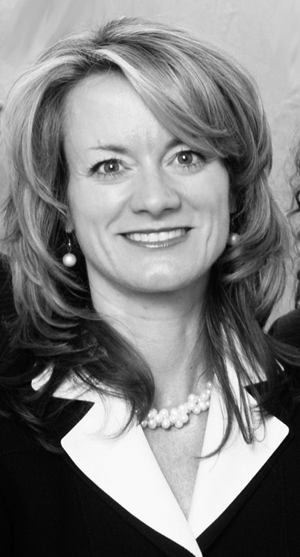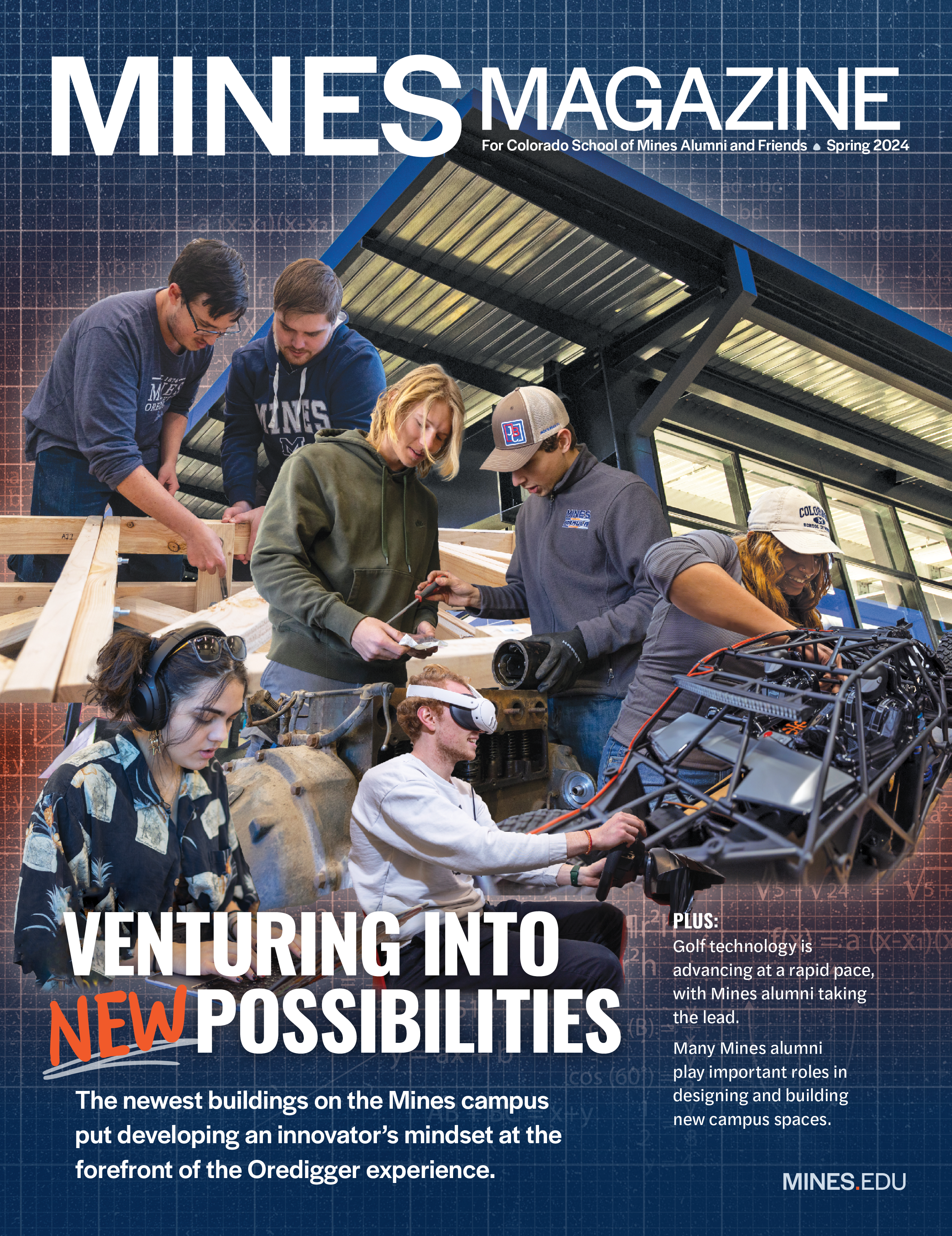Experiencing other cultures

Working in another country as a foreign service officer may seem like a daunting job, but for Norma Mozeé ’83, it’s her bread and butter.
Within the past three years, Mozeé has served at the U.S. embassies in Caracas, Venezuela, and Copenhagen, Denmark, representing the United States’ interests and implementing foreign policy. In Caracas, she served as a political officer, talking to various leaders and putting together policy recommendations for stakeholders in Washington, D.C., to fine-tune policy efforts. But her current position in Copenhagen is much different: She works with American expats living in Denmark and helps Danes and other nationals looking to obtain visas to enter the U.S.
This foreign service work felt like a natural next step in her career after spending many years in the software and energy industries. “Foreign service was a perfect next act that takes all the skills and knowledge that I had but then opened up the opportunity to live and work worldwide, because we have embassies and consulates all over the world,” Mozeé said.
The skills she built up proved to be an advantage when entering public service—particularly her experience with international businesses and markets. Much of her work within the software industry focused on helping software companies enter the Latin American market. And when she created an energy consultancy business, she focused on helping U.S-based companies get into the Mexican energy market at a critical time in 2014 when the country opened their energy market to foreign and private investment after being a monopoly for 76 years.
“The work I did, especially when I was focused on Latin America, really put me in touch with multiple cultures and how to successfully communicate, collaborate and manage, and that is a critical skill set,” she said.
Mozeé said that skill set was really tested as she transitioned from the two years she spent in Caracas to her current role in Copenhagen and noticed the cultural differences between the hierarchical structure she was familiar with in Venezuela and the more egalitarian society
favored by the Danes. “I had to take a totally different approach in my managerial skills,” she said.
Mozeé’s technical skills also played a major role in working with international leaders and gave her an unparalleled credibility. “All the technical skills came into play throughout my career when I was focused on energy in Latin America and Mexico, and it helped me in Venezuela,” she said. “Because of that background, my colleagues asked if I would help develop the oil recovery plan for Venezuela, and I found that my Mines degree and knowledge and experience made me a real credible interlocutor with the Venezuelan stakeholders. I could talk about the focus on reviving mature oil fields and what it meant from a technical standpoint.”
But while her technical background allowed her to effectively communicate and implement industry- specific ideas, Mozeé said the personal experiences she had at Mines also informed her public service work, just in more indirect ways. “Back when I graduated, there were only 13 women in my graduating class, but I think it gave me a lot of skill sets I use today in addition to technical skills,” she said. “I learned how to work in a very nontraditional environment, especially for women and for women of color, and it really tested me to be able to be successful and not only survive but really thrive in industries like oil and gas. That made me comfortable in nontraditional industries and in industries where they’re much more male-dominated.”
No matter where she is in the world, Mozeé knows this is exactly the right kind of work for her and what she finds most fulfilling. As she said, it’s “like I’m really living out a higher purpose in my life.”



